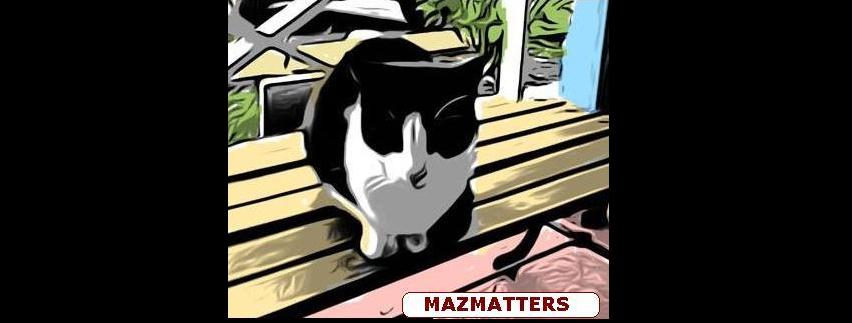Monday, June 10, 2013
Modern Man Discovers Financial Gravity
Sunday, June 9, 2013
NSW v Kable: Detention and False Imprisonment
In the recent decision NSW v Kable [2013] HCA 26 (delivered on 5 June 2013) the High Court of Australia has ruled on the validity of claim for damages grounded in abuse of process, false imprisonment and malicious process against the State of NSW.
In the case the High Court ruled unanimously to allow an appeal by NSW holding that a detention order made by a Supreme Court judge of that State under legislation subsequently held to be unconstitutional was a defence to a claim for "false imprisonment".The order it was found by the High Court valid until it was later set aside on appeal.
Background
The respondent (Mr Kable) was detained in custody for six months in 1995 pursuant to an order of the Supreme Court made under the Community Protection Act 1994 (NSW) s 9. Mr Kable unsuccessfully appealed against the detention order to the Court of Appeal NSW and after Mr Kable was released from his detention, he successfully appealed to the High Court which ordered that the detention order be set aside on the basis that the Act was unconstitutional and therefore,invalid.
As a result of the Court of Appeal decision Mr Kable commenced proceedings in the Supreme Court, claiming damages against the State of NSW for abuse of process, false imprisonment and malicious prosecution. In those proceedings the Supreme Court allowed the appeal in part, holding that Mr Kable should have judgment against the State of NSW for damages assessed on his claim for false imprisonment.
Result
By way of a special leave appeal the State of NSW appealed to the High Court of Australia which unanimously allowed the appeal concluding that the detention order under which Mr Kable was detained was valid until it wad set aside. As such it provided lawful authority for Mr Kable's detention. The original orders dismissing Mr Kable's claims were reinstated.

